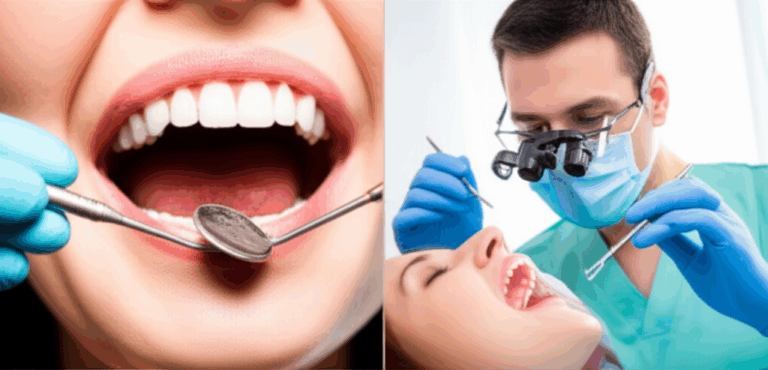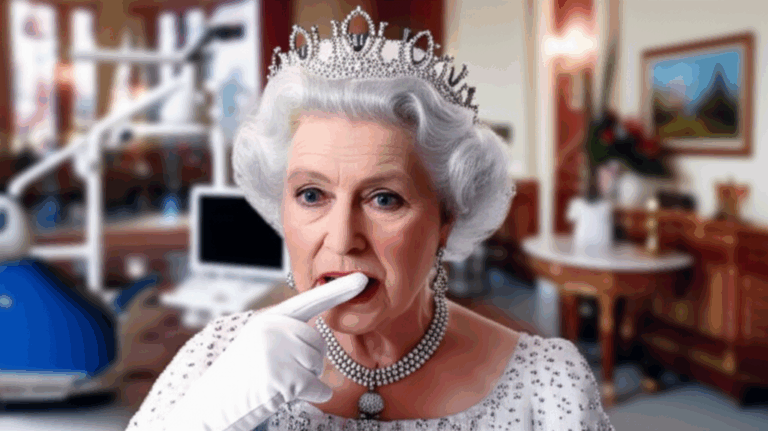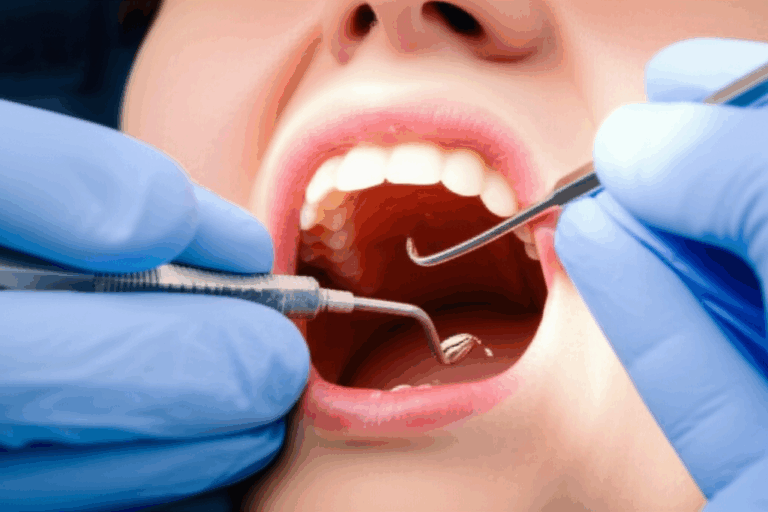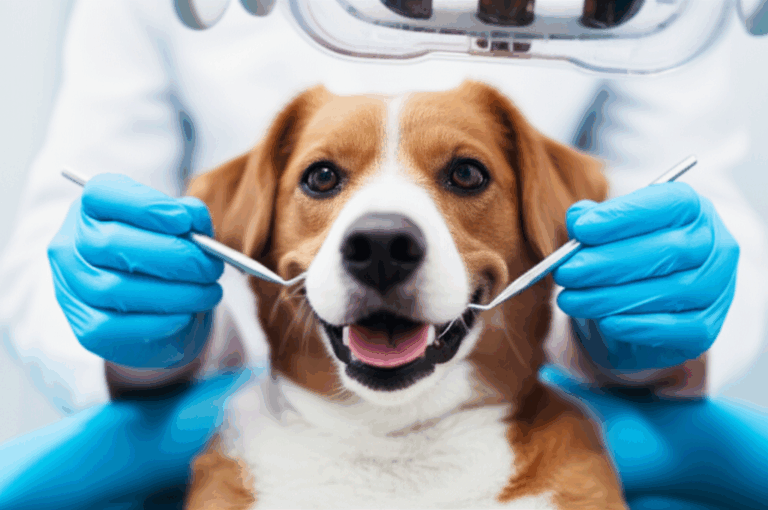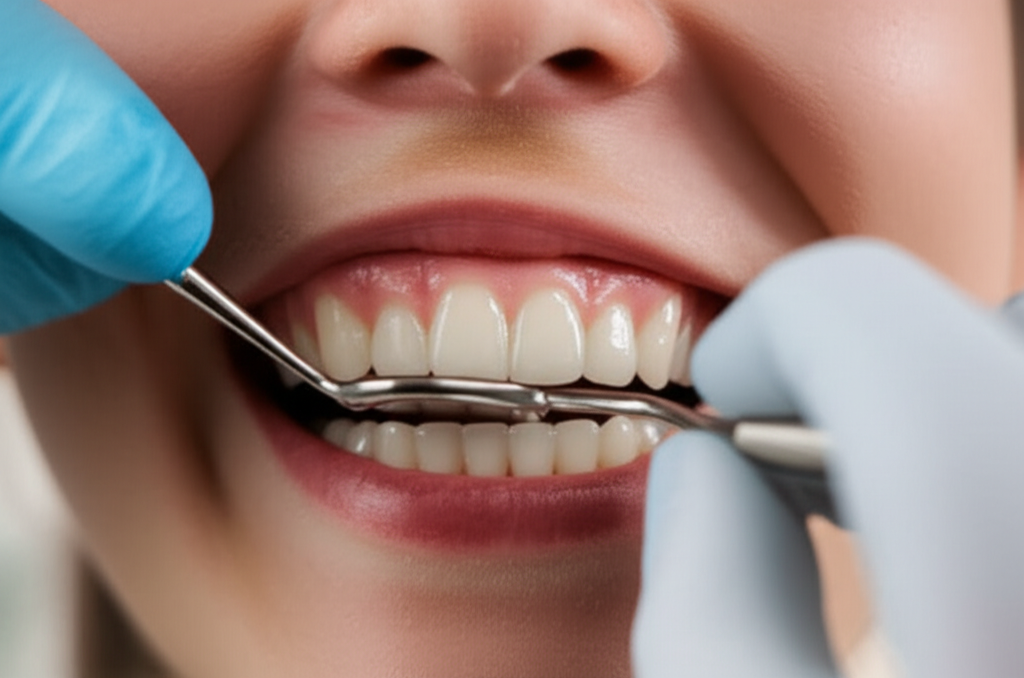
Why Do Dentists Make So Much? Unpacking the Economics of a Dental Career
Most people wonder: why does a trip to the dentist often leave your wallet feeling light? In this article, I’ll show you why dentists earn what they do, how much it really costs to become a dentist, and what makes dental care expensive. If you want to understand where your money goes—and why dentists make a good income—this article is made for you. It’ll help you see what’s behind the smile and why that dental chair is worth more than you think.
Table of Contents
What Does It Even Take to Be a Dentist?
Becoming a dentist takes a long time—not easy at all. First, you need a bachelor’s degree, usually with classes in basic sciences like biology and chemistry. Then you have to pass the Dental Admission Test (DAT), which is tough.
After that, you apply to dental school. Most dental schools, whether you want a Doctor of Dental Surgery (DDS) or a Doctor of Dental Medicine (DMD), take four years. In those years, you’re learning in the classroom, in the lab, and you actually fix real people’s teeth. Some stop there, but others keep going for 2-6 more years to train in things like orthodontics, endodontics, or oral surgery.
Dentistry takes sharp focus, good hands, and you need to know a lot about the body and how to deal with emergencies. Not everyone can do it.
How Much Debt Do Dentists Rack Up?
Let’s talk money. Dental school is costly. Getting your dental degree can cost from $150,000 at a public school in your own state, to nearly $500,000 at a private school.
| Type of Dental School | Tuition & Fees (4 Years) |
|---|---|
| Public (in-state) | $150,000–$250,000 |
| Public (out-of-state) | $250,000–$400,000 |
| Private | $300,000–$500,000 |
(Source: American Dental Association, university data, 2022)
Most students can’t pay this up front, so they borrow. According to the ADA Health Policy Institute, the typical debt for dental students is about $305,000 to $350,000 when they finish. If you specialize, you might borrow even more.
Starting out with so much debt is really hard. It feels like you owe more than a house!
What Makes Running a Dental Office So Expensive?
If you think all your payment goes straight to your dentist, think again. Running a dentist’s office is like running a small business—and it eats up a lot of cash.
Here’s where the money goes:
- Staff Pay: Dental hygienists, assistants, front desk workers all need to get paid.
- Malpractice Insurance: To protect the dentist in case there’s a big mistake.
- Tools & Supplies: X-ray machines, comfy dental chairs, and even basic tools are expensive and need updates.
- Rent, Bills & Advertising: Dentists pay every month for their building, water, lights, and ads to get new patients.
- Rules: They must follow lots of rules like OSHA, HIPAA, and state boards.
Check out some usual overhead costs:
| Expense | Percent of Gross Revenue |
|---|---|
| Staff Salaries | 20%–25% |
| Supplies & Lab Fees | 10%–15% |
| Rent | 5%–8% |
| Marketing | 3%–7% |
| Overhead Total | 60%–75% |
(Source: ADA, Dental Economics, 2022)
If a dentist’s office takes in $1 million, 60-75% goes to bills and staff—before the dentist pays herself!
So when you wonder why dental visits cost a lot, most of it is just to keep the place running.
Why Are Dental Procedures Costly?
Dentists do careful, detailed jobs inside your mouth all the time. Filling a tooth or doing a root canal isn’t as simple as fixing a flat bike tire. The tools, the training, and the risk is just much higher.
Here’s why you pay a lot:
- Dentists use special, costly stuff (like crowns, implants, or veneers).
- They use fancy equipment that needs upgrades—nowadays they might use digital dental lab tech, computers, or even lasers.
- Your safety is a big deal. Mistakes hurt or might cause big problems.
Dentists also need to keep learning, earning new certificates every year. All those costs add up, so you’re paying for skill, tools, and their care for your health.
If you want to know more about this high-quality work, you can check out things like a digital dental lab, which helps make top custom crowns, bridges, and false teeth.
How Does Specializing Affect a Dentist’s Pay?
Not all dentists get the same paycheck. Some pick a focus area—and those jobs often pay more, but take more schooling.
Look at average yearly pay for different jobs (2022, BLS numbers):
| Specialty | Median Salary |
|---|---|
| General Dentists | $163,220 |
| Orthodontists | $226,380 |
| Oral Surgeons | $309,410 |
| Periodontists, Prosthodontists | $190,000–$250,000 |
Specialists like oral surgeons or orthodontists stay in school longer, but can make way more than general dentists. They do tough jobs, solve big problems, and get referrals from other dentists.
But it’s not easy—it costs time and money to get there.
Is There a Big Demand for Dentists?
People always need dentists. Why?
- People Always Have Tooth Problems: Cavities, falls, sore gums—there’s always something to fix.
- More Older People: People are living longer and need their teeth for more years.
- Dental Care Helps Health: Good teeth keep other health problems away.
The U.S. Bureau of Labor Statistics says dentist jobs will grow about 4% between 2022 and 2032. That’s not super fast, but it’s steady, and dentistry is a good, stable job.
In some places—like small towns where not many dentists want to work—there’s even more need. Dentists who go there can sometimes earn more, with less competition.
What’s the Difference Between Dentists and Other Health Jobs?
You might ask, “Do dentists make more than doctors?” Sometimes yes, sometimes no.
Dentists make more than lots of healthcare workers (like dental hygienists or assistants), but less than some doctors, especially those who work in hospitals. Here are some numbers:
| Healthcare Profession | Median Salary (2022) |
|---|---|
| General Dentists | $163,220 |
| General Physicians | $229,300 |
| Dental Hygienists | $77,810 |
| Dental Assistants | $38,660 |
(Source: U.S. Bureau of Labor Statistics)
One plus for dentists: better hours. Many work regular days, own their own shop, and can make their own schedules. It’s still a hard, stressful job, but sometimes easier for family life.
How Much Does a Dentist Really Take Home?
Here comes the truth. If you see dentists “earning $300,000,” remember that’s before bills.
Dentists, especially those who own an office, pay for workers, rent, supplies, insurance, taxes, and huge school loans. What’s left is their net pay.
Let’s see a quick story:
- If Dr. Smith owns a small shop making $1,000,000 a year and pays 65% for overhead, there’s only $350,000 left.
- Now, take out taxes, loan payments, and savings.
Still pretty good! But it’s not the full million. Most self-employed dentists take home $120,000–$220,000, while workers or helpers might get a bit less, depending where they work and how much.
If you’re curious about the different dental paths, you can check trustworthy sources or chat with a dentist nearby to see what the work is really like.
Is Dental School Even Worth It?
Let’s be honest. Is it smart to spend years and lots of money being a dentist?
For many, yes—but only if you really like helping people and are good with business. Think about:
- Is It a Good Deal? Sure, dentists earn well. Over time, most pay off school loans and save up for the future.
- Downsides: You pay a lot for school, borrow a lot, and work long hours. That’s stressful.
- Upsides: Dentists get a steady job, freedom, and respect—not to mention good pay and benefits.
If you want to be a dentist, talk to advisors and current students. Learn about different types of dental businesses, like a crown and bridge lab, or where people really need dentists. Pick what fits you best.
What’s Next for Dentists—And You?
Dentistry is changing fast. New tech, like computer imaging, digital dental labs, and better materials, make treatment safer, faster, and sometimes a bit cheaper. Patients want better looks, less pain, and less time in the chair.
- Dentists need to keep on learning new skills.
- More big, group dental offices mean dentists need to know about business and ads—not just teeth.
- Health insurance and rules are changing how dentists get paid, what they do, and how they treat people.
If you’re thinking of this job, or just want better dental care, stay up to date. The right lab partner, like a top china dental lab, can help a dentist do the best work and help people smile with confidence.
Quick Summary: What Should You Remember?
Here’s the main idea:
- Dentists make good money because of years in school, big school loans, and running a pricey business.
- Most of what you pay covers staff, tools, and other bills—not just the dentist’s pay.
- Dental specialists get more money, but spend more years in school.
- People always need dentists, especially in some parts of the country.
- Dentists have job security and good pay, but they also face stress, debt, and lots of work.
- If you want to be a dentist, plan smart, pick the right area, and find the best partners to work with.
- For patients, knowing what goes into the cost lets you plan better and see what you’re really paying for.
Remember: Every smile your dentist helps you keep comes from years of training, big loans, skills, and care for your health. So next time you sit in that chair, you’ll know why it all costs what it does—and why it matters!
References:
- American Dental Association (ADA)
- ADA Health Policy Institute
- Bureau of Labor Statistics (BLS)
- Dental Economics Magazine
- U.S. Census Bureau

